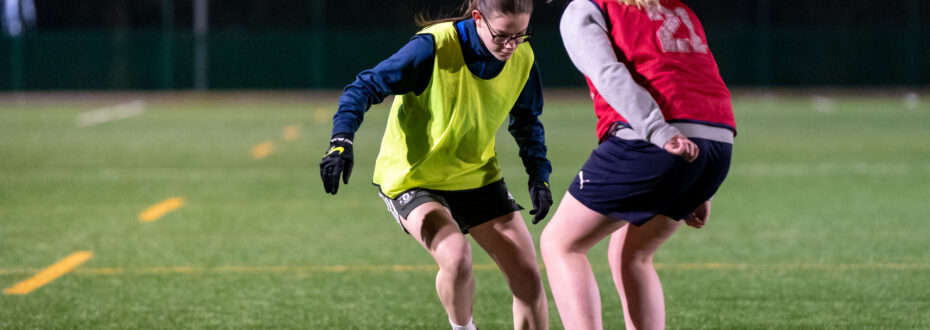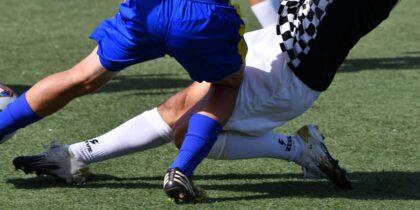A first-of-its-kind study exploring young people’s experiences of injury, recovery and mental health in grassroots sport has been released today.
Entitled ‘Injuries, Insults and Applause’ the collaborative research project delivered by Centre for Mental Health and Podium Analytics explores young people’s social and emotional experiences of injury and recovery in grassroots sport. The report explores mental health as both the cause and consequence of injury.
The study, co-designed with young people who have experienced sports injury, aimed to identify key factors that would support mental health, build resilience for those who sustain a sport injury and develop recovery and return-to-play protocols to aid ongoing participation. Amongst its key recommendations, the report calls on National Governing Bodies (NGBs) of sport to provide a framework of support for young people injured in grassroots sport.
A specific ‘Return-to-Play Plan’ is suggested alongside wider support for young people during their recovery, which would contain an explanation of the injury, rehabilitation ideas and mental health guidance. These sport-specific resources would be provided to young people by their club/school.
Andy Hunt, CEO of Podium Analytics, commented: “We know that young people are more susceptible to injury as their bodies are growing and changing, and they are often more willing to take risks that could increase the likelihood of injury. Through this study, we looked to identify the specific challenges around mental health and, importantly, make key recommendations on what sport can do to better support young people during this time. We hope this type of research shows the need to incorporate the invaluable voice of young people more into sports governance and decision making.”
Young people who take time away from training and competition after injury feel anxious, lost, scared and worried about their future performance, the research revealed. Worryingly, they described forcing themselves to return before they were physically or emotionally ready. Findings highlighted the importance of keeping a connection with their sport and teammates during time out through injury to support mental health, together with the need for greater sport cultural acceptance that young people need time to recover from injury.
Andy Bell, CEO of Centre for Mental Health, said: “The young people we spoke to have clearly articulated how they feel when it comes to the mental health impact of being injured and away from sport. Every young person playing sport deserves better resources and support to help them during this difficult time.”
Scarlett, 18, who helped co-design the study, spoke of her own experience: “Last year when I took the decision to recover from RED-S*, I had to take a step back from all the training and racing. It mentally tears you apart that you can’t physically put in the hundred percent to your passion, your sport. I wanted to speak out about how an injury mentally affects an athlete so clubs and coaches can support people like me who may be recovering from RED-S or an injury.”



